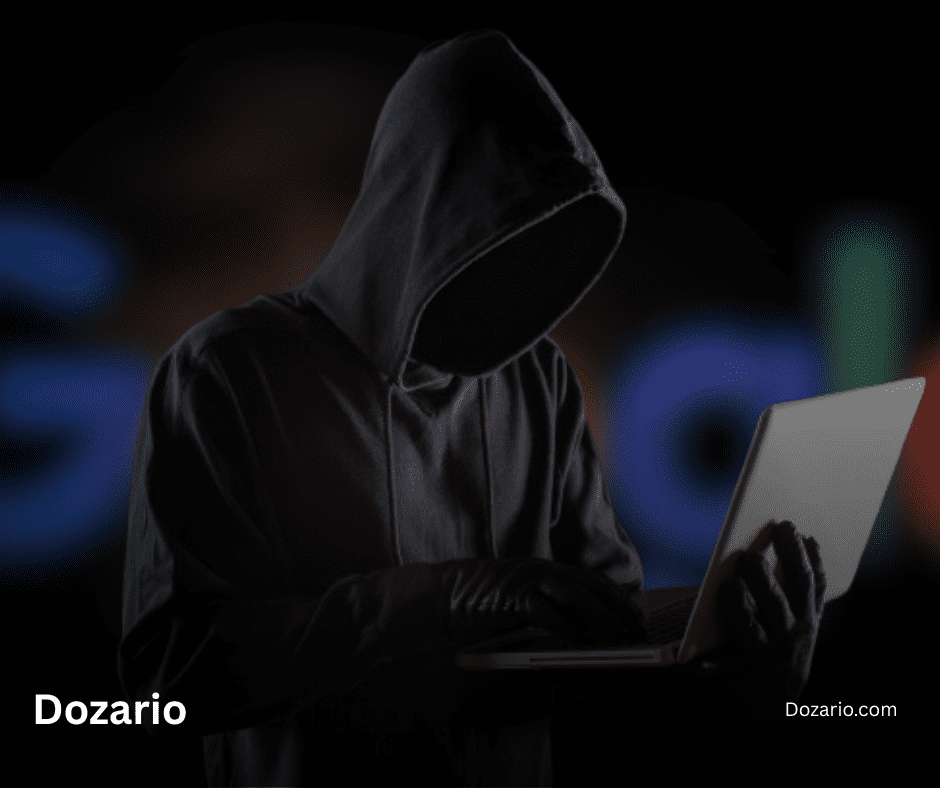Cybersecurity in healthcare is under the spotlight in 2025 as rising cyber threats and major data breaches force regulators to tighten the rules. Hospitals, clinics, and digital health services now face stronger compliance demands to protect sensitive patient data. In this blog, we explore what’s changing, why it matters, and how the healthcare sector is coping with the pressure.
Healthcare Faces Stricter Cyber Rules Amid Growing Struggles
In today’s fast-evolving digital world, the healthcare industry finds itself at the center of a storm. Cyberattacks are increasing, patient data is under constant threat, and hospitals are struggling to keep up. In response, governments and regulators are tightening cybersecurity regulations for healthcare providers—and it’s about time.
Let’s break down what these new healthcare cybersecurity regulations mean, what’s driving them, and how the industry can prepare for a safer digital future.
Why Healthcare is a Top Target for Cybercriminals
Healthcare data is among the most valuable types of information on the black market. It includes not just names and Social Security numbers, but also medical
histories, insurance details, and even billing records. Here’s why attackers love targeting hospitals:
- High-value data: Medical records can fetch hundreds of dollars each on the dark web.
- Legacy systems: Many hospitals still run on outdated software with known vulnerabilities.
- Low tolerance for downtime: Lives depend on quick access to data, making organizations more likely to pay ransoms.
- Fragmented IT infrastructure: From labs to ERs to remote clinics, managing cybersecurity across healthcare is complex.
The New Wave of Cybersecurity Regulations in Healthcare
As the threats grow, so do the rules. In 2025, stricter cybersecurity compliance frameworks are rolling out globally. Here’s what’s changing:
1. Mandatory Risk Assessments
Healthcare providers are now required to conduct annual cybersecurity risk assessments. These identify vulnerabilities, map out data flows, and recommend necessary security improvements.
2. Minimum Security Standards
Governments are setting baseline security measures for all healthcare institutions, such as:
- Enforced multi-factor authentication (MFA)
- Regular software patching schedules
- Data encryption in transit and at rest
- Role-based access controls for sensitive data
3. Incident Reporting Requirements
Previously, some breaches went unreported. Now, healthcare providers must report incidents to authorities within 72 hours—or face penalties.
4. Supplier & Vendor Accountability
Third-party services (like cloud storage or telehealth platforms) must also meet security standards. Healthcare organizations will need to audit their vendors regularly.
How the Industry is Reacting
The new rules are a step forward—but many in the industry are feeling the strain.
Budget Constraints
Cybersecurity isn’t cheap, especially for small clinics and rural hospitals. Allocating funds for IT upgrades can be tough when budgets are already tight.
Talent Shortages
There’s a massive global shortage of cybersecurity professionals. Healthcare providers are competing with tech giants to hire top talent, often with limited success.
Complex Compliance
Navigating new regulations adds a heavy load to already overwhelmed administrative teams. Many providers are turning to managed security services for help.
Success Stories: Who’s Doing It Right?
Some healthcare organizations are leading the way in cybersecurity best practices:
- Mayo Clinic launched a full cybersecurity operations center, combining AI threat detection with 24/7 human monitoring.
- Cleveland Clinic partnered with ethical hackers to stress test their systems, patching vulnerabilities before attackers could find them.
- UK’s NHS rolled out mandatory cybersecurity training for all staff, significantly reducing phishing incidents.
Best Practices for Healthcare Cybersecurity in 2025
Whether you’re a solo practitioner or part of a global hospital network, here’s how to stay ahead of the curve:
🔐 Prioritize Employee Training
Most breaches start with human error. Regular training on phishing, password hygiene, and device security is essential.
⚙️ Invest in the Right Tools
Consider AI-powered threat detection, secure VPNs, and zero-trust network architecture. Look for scalable solutions that grow with your organization.
📋 Build an Incident Response Plan
Don’t wait for a crisis to happen. Develop a detailed playbook that outlines what to do during a cyberattack.
📁 Backup Everything—Securely
Frequent, encrypted backups stored off-site can save you from ransomware disasters.
What’s Next for Healthcare Cybersecurity?
Expect to see more international cooperation on healthcare cyber threats in the coming years. Governments are realizing that cybercrime is a global issue—and sharing threat intelligence across borders is key.
We’ll also see more AI-driven security tools enter the scene, helping detect and stop attacks in real time.
Ultimately, these stricter rules are about more than compliance. They’re about protecting patients, preserving trust, and ensuring that life-saving healthcare systems aren’t held hostage.
Final Thoughts
Cybersecurity in healthcare is no longer optional—it’s essential. The tighter regulations coming into play in 2025 are a wake-up call for the industry to modernize, secure, and protect the most sensitive data we have: our health records.
As we move forward, it’ll take a combined effort from governments, providers, and tech partners to stay one step ahead of cybercriminals. The challenges are big, but so are the rewards—a safer, smarter, and more secure healthcare system for all.
Stay Informed, Explore, and Lead the Way with Dozario!
Unlock a world of insights and knowledge with Dozario! Whether you’re seeking the latest in Business, captivating Stories, innovative Tech, thrilling Sports, vital Health updates, groundbreaking Science, exciting Gaming, or trending Media & Entertainment, we’ve got you covered. Stay ahead, stay entertained, and stay informed with our expertly curated content.
Explore our categories now and discover something new today!




